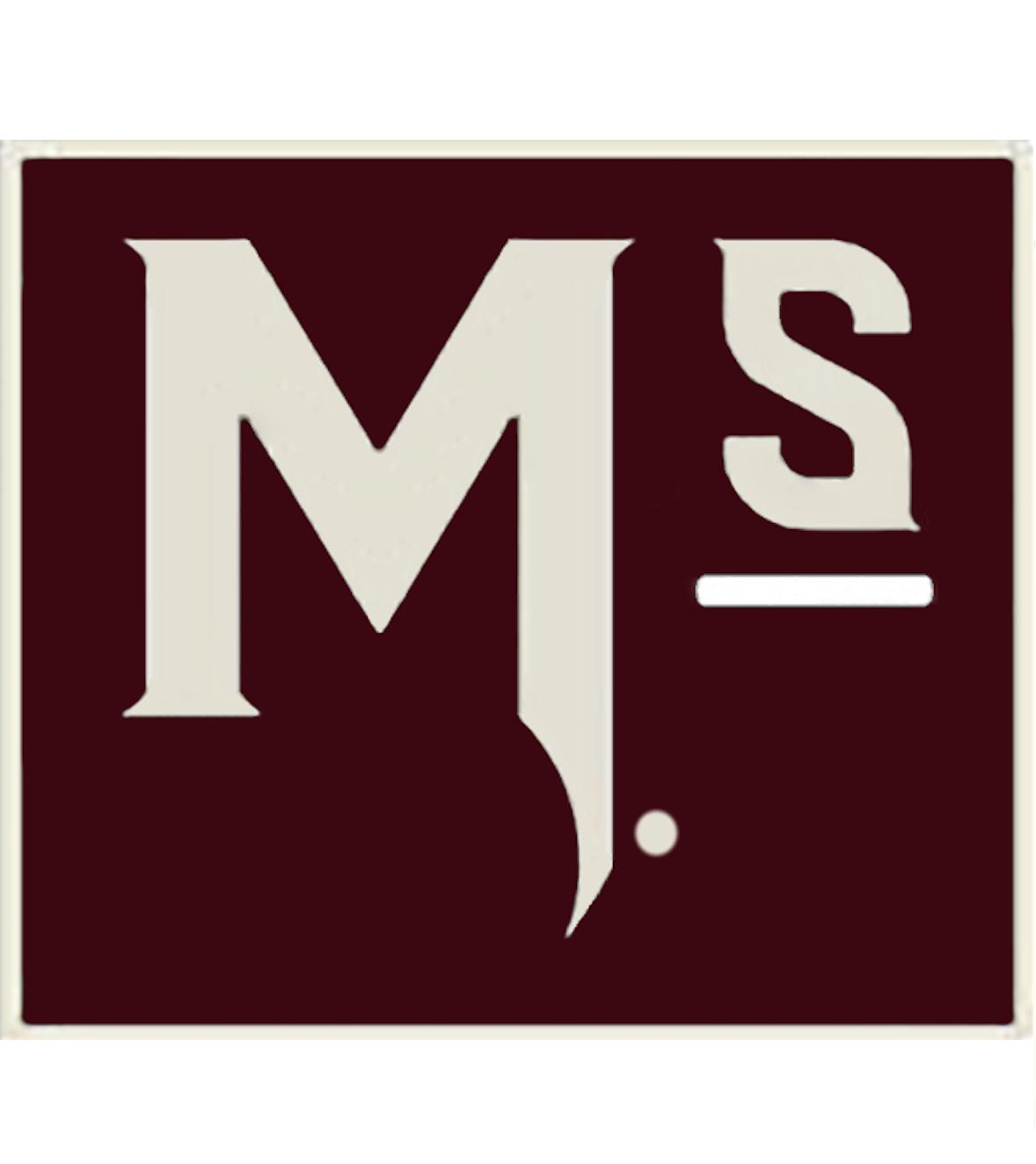About
Back in 2010...
Imagine yourself as a 15-year-old facing one of the biggest questions of your life - what to choose for a career. There are so many paths you can take and even more opportunities you can't wait to expose to the world - your head is spinning! When I was graduating high school, I had to make a list of colleges to apply to. But how do you pick something if you don't know what you want? It's like a kid in a candy store with chocolate, fudge, lollipops, all kinds of gum who doesn't know what they want. You imagine eating the candy bar, but then you think the lollipop will taste better and last longer than the candy bar. You know you have the money to choose one thing and it has to be the best thing that is worth every penny, so you think so much trying to weigh everything and finally make a decision.
I'm sure you can relate to my educational dilemma to some extent.
I'm sure you can relate to my educational dilemma to some extent.

Chelyabinsk downtown. Credit: https://www.wikidata.org/wiki/Q906
Every child wants to live an exciting life full of adventure and reasonable challenges, although they don't always know exactly what they want to do. I knew that my career should be interesting and have endless opportunities to grow as a professional, but what should it be? I was fascinated by science, but I knew that my grades would not make me a good mathematician, chemist, or rocket scientist. My father is an engineer, and he wanted me to be one too, although I wasn't too sure that my thoughts and ideas would be of any use to the general public. See, I grew up in a medium-sized town and went to a high school where a lot of my friends were kids who liked to skip class to do something cool. Looking back now, I realize that I had to choose my classes over going to an abandoned construction site to smoke cigarettes and drink alcohol, but back then we didn't know any better, and school seemed unbearably boring and useless. Of course, social life among my peers gave me confidence and emotional strength, but at what cost? The price was that by the time I was 15, I didn't know what to do with myself, and my friends seemed to have drifted apart.
I knew that life in the kitchen was a hard one, requiring long hours of work and no "lazy" weekends.
One morning while eating breakfast, my mom was reading a cooking magazine and came across an article about a restaurant that was collaborating with a group of top-notch chefs from around the country. The article briefly talked about each chef, their lives and how they became the best of the best. It was one of those swanky Michelin restaurants in Europe that every magazine had to write about, so she started reading me some of the stories. "This could be interesting for you, couldn't it?" - she said, "As you know, there are two generations of cooks in my family. Why don't you give it a try?". Our conversation planted a seed of hope in my mind, and I started reading more about it. I already had a general idea of restaurant life from my mom's stories of working in the kitchen and her mom being a baker.

With all this in mind, I decided to give it a try and soon found myself a student at one of the colleges. To be precise, it was the Chelyabinsk College of Food Industry and Trade! A four-year program that was filled with theory and practice in the kitchen on the college premises. It sounded exciting to me and I couldn't wait to start a new chapter of my life. I wasn't good at theory and by my rebellious nature I was constantly missing classes I didn't like, but I was very promising during my practice in the college kitchen. And the internship was my favourite! I knew that in order to get my diploma, I had to perform well. The exam went like this: we had a test and two dishes to cook. Even if you were bad at theory but good at cooking, you still passed the exam. That was my plan. I knew that if I chose a dish that no one had ever thought of cooking, I would have a chance.
Without hesitation, I started practicing at home. I cooked from time to time, but quickly realized that I needed coaching. My third year of college began when I asked one of my professors if the college provided internships at a local restaurant. She contacted me a week later and said she had a few suggestions for me. I chose a spot at a local steakhouse, and that's where it got hard. I had to go to college early in the morning and then drive to work and close the restaurant around 11:30pm. I wore myself out mentally and physically working 6 days a week. Once again, I had to skip class at this time not because I wanted to socialize, but because I just needed to sleep due to sleep deprivation. I also moved out of my parent's house and started living with my girlfriend, which also knocked hours off my sleep schedule. This affected my mental state and my life became much more complicated than I had anticipated. On the other hand, I realized that I was in this situation myself, and there was nothing left for me to do but to take responsibility for my actions and move forward. A year had passed and I was preparing for my final exams. I couldn't wait to show off my skills to my teachers! I knew I had worked hard to earn the experience and knowledge I needed to pass the exams, and I was finally ready. I still had a job at the steakhouse, and I made quite a bit of progress there as well. I started as a prep cook and was soon promoted to line cook. It was difficult, but I earned the trust and respect of the restaurant staff, and I thought my efforts were finally starting to pay off.
But then something unexpected happened.
But then something unexpected happened.

My uniform when I found a job at a pizza place (after the steakhouse). Look at the long hair!
Let me tell you a little bit about the thing that changed everything for me. Every chef should have a set of knives that are well sharpened and well maintained, but this is not always the case for prep cooks and line cooks. More often than not, cooks use knives that are provided by the restaurant they work in. Almost every restaurant has a sharpening service that sharpens knives for the restaurant on a weekly or bi-weekly basis, but that was not the case at this steakhouse. For some reason, we didn't have a service that professionally sharpened our knives, so we did it ourselves with an electric sharpener that stood in the corner of the kitchen. Since not everyone knew how to sharpen knives and/or they were intimidated by the rapidly spinning stone, we let one person do the job for all of us. Sure enough, the knives were sharp when he returned them, but the wrong angle of sharpening made the knives quite dangerous to use. Since the head of the restaurant refused to buy new knives for the staff, we had to use the old ones. After so many sharpenings, the blade of each knife had worn down considerably, making it even more dangerous. These knives had no bolsters, so the worn blade did not protect the fingers. Another fact is that meat and fish came into the kitchen frozen, so you had to cut them while they were defrosting. The combination of these circumstances created a point of failure when, four months before my final exam, I was injured working in the steakhouse.
I was cutting up frozen salmon. You have to cut off the head and tale of the fish, then run a knife along the backbone to separate the meat from it. After that, you have to pull out the remaining bones with tweezers and slice it to the size of a fish steak. The fish was large and difficult to work with, plus when it thawed, the skin of the fish was covered in slime. We wrapped napkins around the handles of the knives so that the slime would be absorbed and to hold the knife better. This helped a little, of course, but if you had 10-15 fish to go through, the knife handle soon turned into a thick layer of slimy napkins that was hard to hold on to. So that day I had the task of cutting seven salmon and preparing them for fish steaks. While cutting the fish, the knife got stuck in the spine and my hand holding the knife slipped right onto the worn blade. I was rushed to the hospital where doctors stitched my injured fingers. The cuts were so deep that the tendons of my fingers had to be stitched as well. I spent time in the hospital and then it took many months to get my fingers mobile again. I was never able to regain full range of motion, but an idea popped into my head that later played a big role in my life and allowed me to write this article.
The injury was a turning point in my career. After many months of recovery, I learned my lesson and bought my first set of knives that I wouldn't let anyone else touch. Knife sharpening became my new hobby. With my father's help, I learned how to sharpen knives on a sharpening stone and learned about the different angles and types of sharpening.

Credit: @mentonboston
Toward the end of my kitchen career, I spent seven amazing years cooking in many restaurants in Russia and the United States. I graduated from college as one of the best students, winning several competitions. During my career I had time to get to know the cuisine of the USSR, Italian, Greek, French and American. I have worked as Sous Chef, Expo, Line-cook, Prep-cook, Butcher, Sauté cook, and a server. I had the opportunity to work with an incredible team at Menton restaurant in Boston, MA. It was one of the best experiences of my life and I am still grateful for it. I later began my business career by introducing Mr. Sharp to the world.

The shop entrance in Marlborough MA.
Today I have a workshop in Massachusetts where I help you and your neighbours make your knives and tools as sharp as possible. We use a variety of tools and methods to do this. Mostly we use sharpening stones to sharpen knives, but we also have a number of electric sharpening machines.
For your convenience, our workshop has a drop-off box. You can come to the shop at any time and leave your knives and tools there! We have small, medium and large size boxes so you can fit any size item in them!
Even if you are a business owner, we have a solution for you too! Contact us to discuss details of the service via email: inquiries@mr-sharp.online
For your convenience, our workshop has a drop-off box. You can come to the shop at any time and leave your knives and tools there! We have small, medium and large size boxes so you can fit any size item in them!
Even if you are a business owner, we have a solution for you too! Contact us to discuss details of the service via email: inquiries@mr-sharp.online
The range of our equipment is constantly expanding! Even if we cannot sharpen your tool at the moment, rest assured that our specialists will find a way to do it for you as soon as possible. We strive to be the best solution in the sharpening market and will do everything possible to make your life easier!
